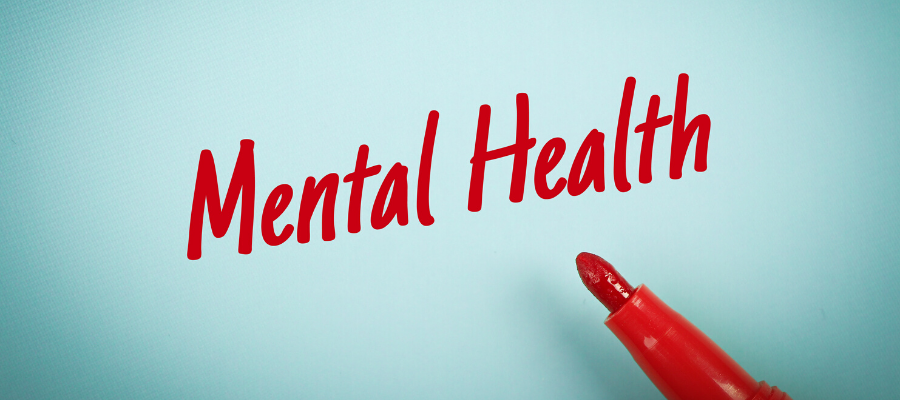
What Is It
Paranoia, depression, schizophrenia, bipolarity, and all the other ways Americans have discovered to be crazy – are they universal phenomena, rooted in human biology? Or are they cultural kinks, rooted in one society's peculiar pressures and institutions? Are Americans inducing the rest of the world to be crazy like us, so we can market the appropriate cures? Ken and John maintain their sanity with Ethan Watters, author of Crazy Like Us: The Globalization of the American Psyche.
Listening Notes
What are mental illnesses, and how does culture condition the way in which mental illnesses are understood and expressed? Even diseases such as schizophrenia that exist across many cultures seem socially and culturally conditioned in important ways. However, the American psychiatric establishment is changing the way mental illness is experienced, understood, and treated around the world. What should we think about the American hegemony in the global understanding of mental health?
The hosts welcome Ethan Watters, author of Crazy Like Us: The Globalization of the American Psyche. What is the main way in which culture shapes mental illness? Ethan acknowledges that there is a biological basis for mental illness, but the way we and those around us react to or interpret it is heavily influenced by our culture. One of the key ways in which culture comes into play is in determining where we draw the line between the pathological and the normal. For instance, in the Japan of 20 years ago, only the most severe depression was considered an illness. But since then American drug companies have introduced themselves in Japanese culture and thereby reshaped the Japanese cultural conception of mental illness to conform more to the American understanding.
Is this a good thing? Ethan says that there’s evidence that the introduction of these drugs saved lives. However, the imposition of the American understanding of mental illness can also do serious harm. The American system is not the most effective form of treatment for certain cultures, so American hegemony presents dangers. Ethan says that this is in large part because those cultures’ idiosyncratic interpretations of mental illness prevent the social estrangement of the mentally ill.
So should we stop the process of globalization entirely? Ethan doesn’t think so. The sharing of ideas across cultures is very valuable. However, he says, we should be more sensitive to the value of other cultures’ understandings of mental illness and human nature. This requires more humility about our own scientific models.
- Roving Philosophical Reporter (seek to 4:54): Rina Palta speaks with Francis Lu, Professor in Cultural Psychiatry at UC Davis, about strategies for dealing with cultural difficulties in treating mental illness.




Comments (2)
Alyssa
Wednesday, March 20, 2024 -- 4:19 AM
As a mental healthAs a mental health professional, I recognize the profound influence culture exerts on perceptions and experiences of mental illness. Understanding cultural nuances is imperative perinatal mood disorders for providing effective care and support. Culturally sensitive approaches foster trust and empower individuals to seek help, promoting mental well-being across diverse communities.
jenniferlopez1868
Tuesday, June 4, 2024 -- 3:37 AM
Ethan Watters looks at theEthan Watters looks at the impact of our mental health system on the rest of the world. Slope Game